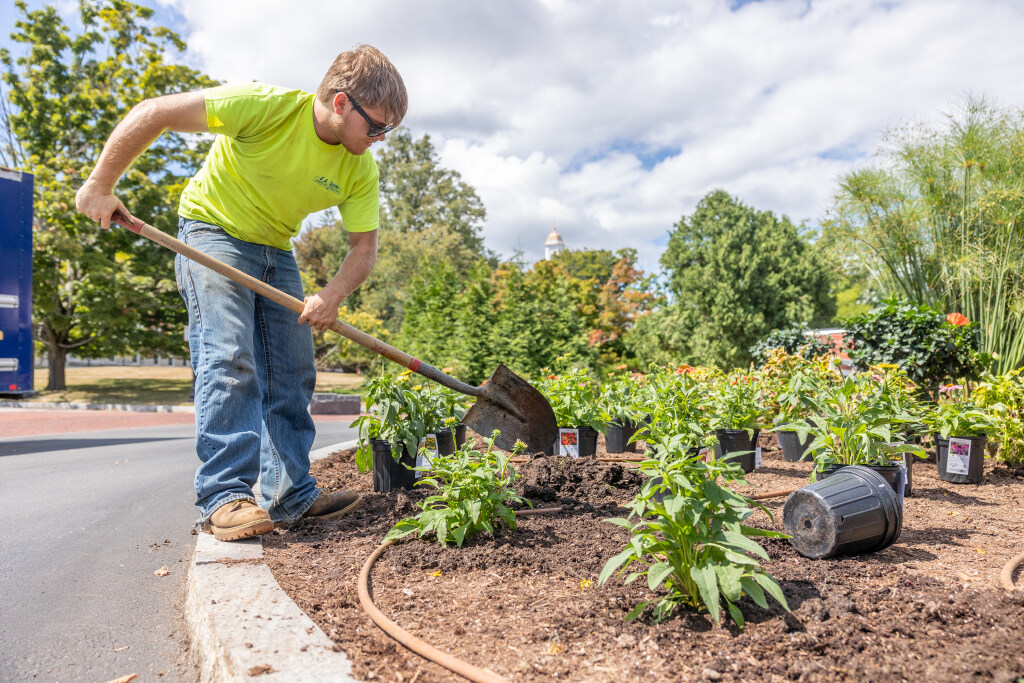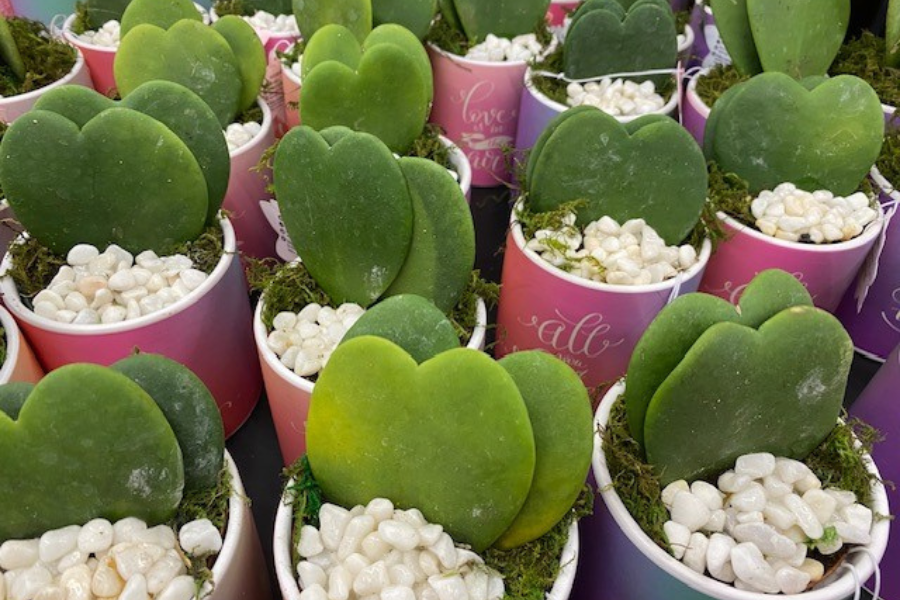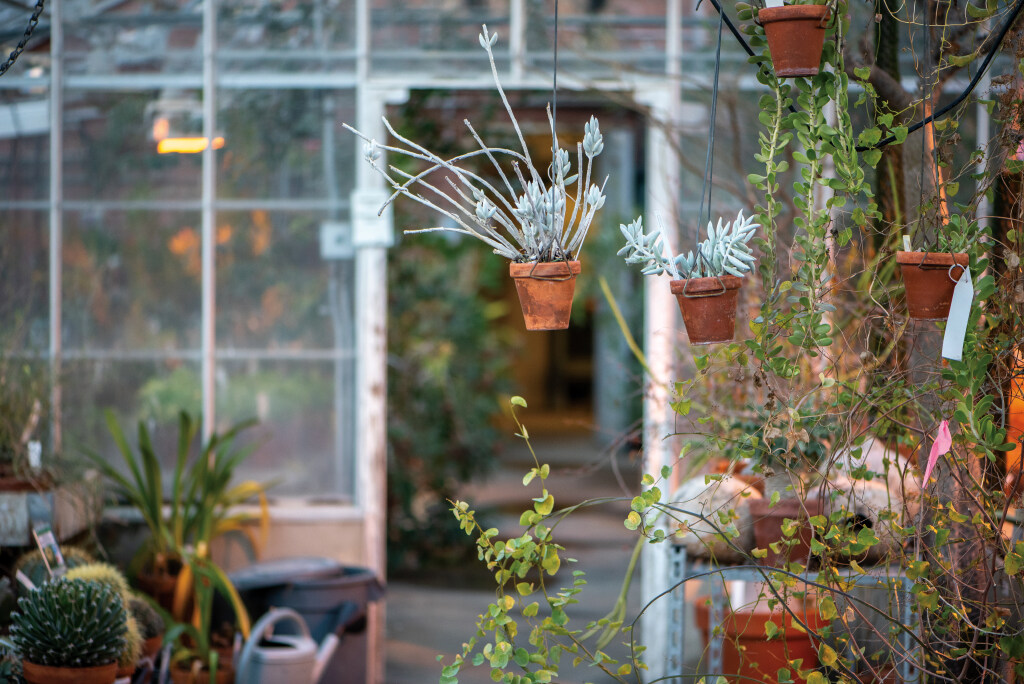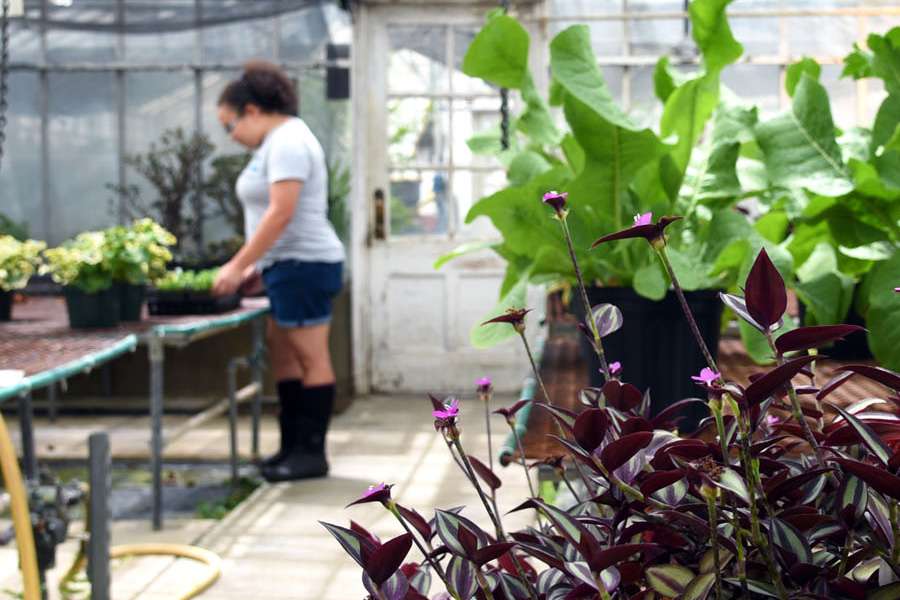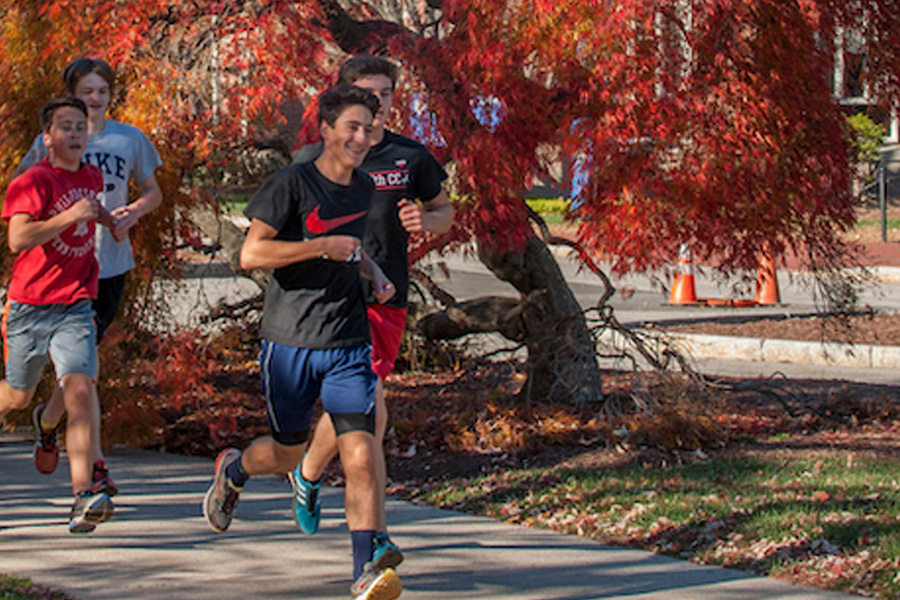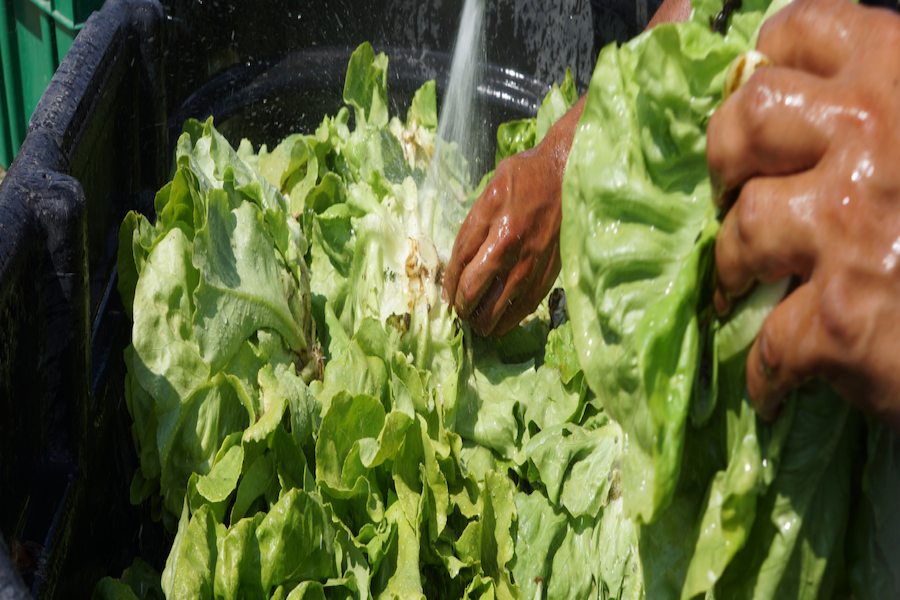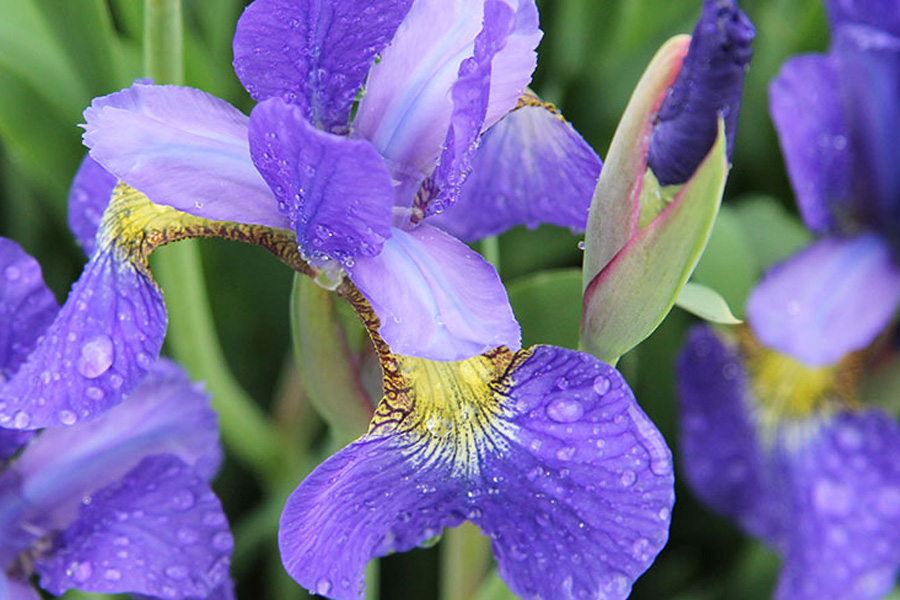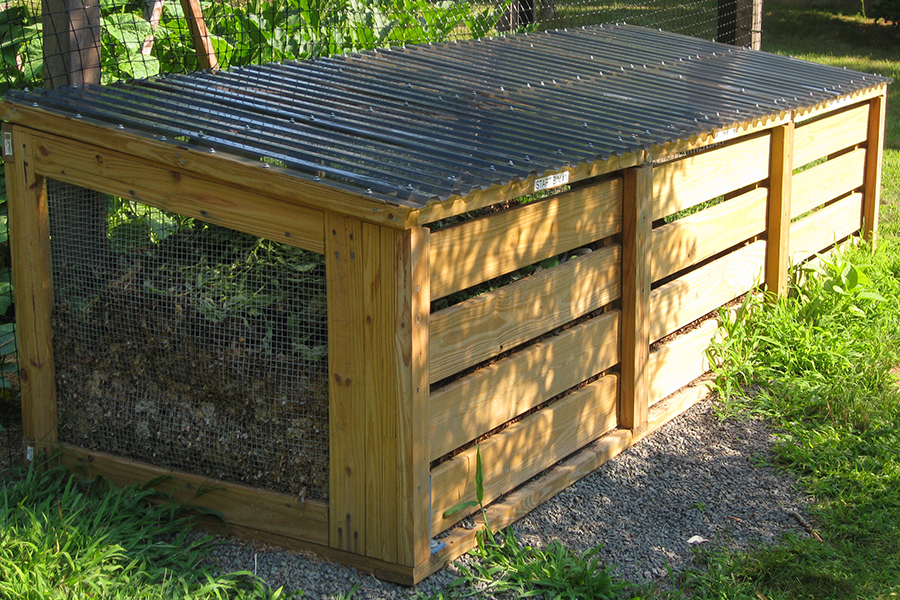
The UConn Home & Garden Education Center (HGEC) is a horticultural informational resource for the citizens of Connecticut and beyond. As an office within the Department of Plant Science & Landscape Architecture and a partner of UConn Extension, we have access to some of the best horticultural resources in the state to help you and your gardens succeed. The staff at the Center reach nearly 400,000 citizens in outreach efforts each year.
Planning to Visit?
The UConn Home & Garden Education Center is open 8:30 AM – 4:00 PM Monday – Friday
Our office is closed for lunch from 12:30 PM -1:30 PM.
For walk-in visits, please visit no later than 3:30PM, so that we can ensure we are giving you the highest quality service that we can provide.
Our sample cooler (immediately outside our office) is always available for drop offs during lunch and outside of regular business hours.
Any anticipated changes to our schedule will be shared on our website in advance.
These hours are effective Jan 5, 2026 – March 1, 2026
Plant Diagnostic Laboratory
The UConn Plant Diagnostic Laboratory diagnoses plant problems including diseases, insect pests and abiotic causes.
Soil Nutrient Analysis Laboratory
The Soil Nutrient Analysis Laboratory processes about 14,000 soil samples annually. Samples are routinely tested for a variety of major and minor plant nutrients, lead and pH.
UConn Integrated Pest Management (IPM)
The UConn IPM program educates growers and the general public about the judicious and safe use of organic and synthetic pesticides and alternative pest control methods. The program incorporates all possible crop management and pest management strategies through knowledgeable decision-making, utilizing the most efficient landscape and on-farm resources, and integrating cultural and biological controls.
Connecticut Invasive Plant Working Group (CIPWG)
The mission of the Connecticut Invasive Plant Working Group is to gather and convey information on the presence, distribution, ecological impacts, and management of invasive species; to promote uses of native or non-invasive ornamental alternatives throughout Connecticut; and to work cooperatively with researchers, conservation organizations, government agencies, green industries, and the general public to identify and manage invasive species pro-actively and effectively.
Ticks & Tick Testing
The two species of ticks most likely to be encountered in Connecticut are the wood or American dog tick (Dermacentor variabilis) and the smaller black-legged tick (Ixodes scapularis and Ixodes pacificus) often called the deer tick as white-tailed deer are a favored host. Both carry diseases but it is the black-legged one that can transmit Lyme disease, human babesiosis and human granulocytic anaplasmosis.
Connecticut Veterinary Medical Diagnostic Laboratory - Tick Testing Options
Connecticut Agricultural Experiment Station-Information on Submitting Ticks
UConn Farm Viability Service
The Farm Viability Service helps farmers connect with College of Agriculture, Health, and Natural Resources (CAHNR) services and support. UConn Extension is within CAHNR, as are the Departments of Agricultural & Resource Economics, Animal Science, Plant Science & Landscape Architecture, and Natural Resources & the Environment, in addition to numerous other resources. We also help farmers make connections throughout the university.
The Farm Viability Service helps to identify and understand farmers’ research needs, and convey these needs to relevant faculty at UConn. We also work to recognize opportunities for collaboration between farmers and UConn, and within UConn on behalf of farmers.

